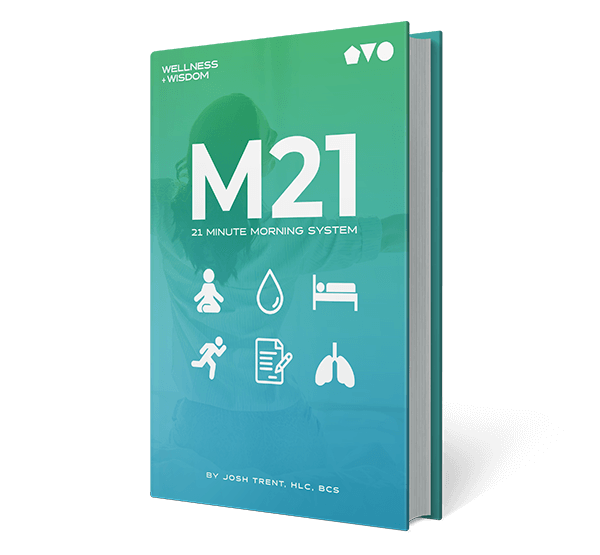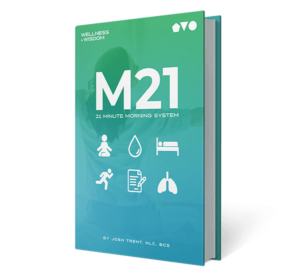 Staffing your medical care center requires you to be able to have the best people on board, retain your employees, and ensure that those you do here are suitably qualified for the job role and fit perfectly within your business.
Staffing your medical care center requires you to be able to have the best people on board, retain your employees, and ensure that those you do here are suitably qualified for the job role and fit perfectly within your business.
Depending on the type of medical you offer, you might find you need to employ a range of people with varying qualifications, from registered nurses to receptionists, managers, specialty doctors, and more. However, once you have the right team in place, you need to be able to ensure that you are focused on preserving or even boosting their health and well-being in the workplace to enable them to do the job role they need to do without working under undue stress or in a toxic work environment.
Since the pandemic, the rate of burnout in the medical sector has increased, and a recent survey by Bain found that 25% of healthcare workers were considering changing careers due to burnout.
If you want to avoid this for your medical care facility, these tips can be instrumental in improving employee health and wellness.
Table of Contents
Hire The Best
Keeping a fully staffed center will mean people aren't required to carry out a load of vacant job roles on top of their own, putting them under more pressure each day. The more a person has to do, the more stressed they will become, the more mistakes they will make, the worse your employee culture will be, and the more at risk you are of time being taken off sick, delivering poor service, and losing patients.
Did you know you can hire a virtual healthcare receptionist to support your front-of-house staff and take care of some of the tasks that eat into their day? With a virtual assistant booking appointments, answering calls, and sorting insurance claims out, your in-house reception team can support the running of the center in other ways.
Using the right job boards and offering incentives and extras to entice the right people to work for you can help you find the right people who can seamlessly fit into your organization and bring their A-game every day. By improving your hiring strategy and finding the best virtual healthcare assistant for you, you can ensure that you have only the best people working for you, thus reducing stress on the rest of the team.
Allow Flexibility
Flexible working simply means you allow, as much as possible, people to work on a schedule that allows them to find a working schedule that is best for them. Sure, you need to have the proper staffing levels, but allow some level of flexibility as to how and when they work.
This means having appropriate staffing levels of people who can work together to help cover absences, staggered working days, or those who aren't present due to needing to take breaks or attend appointments themselves.
Commit To A Healthy Workplace
Health can mean a great many things, and in this instance, you need to be focusing on all the ways you can make your workplace healthy, from the obvious hygiene standards, which should be a priority anyway, to increasing natural light inside the building or using lights that mimic natural light, increasing plantlife into the decor where possible, and allowing fresh air to filter through the building. You can have fresh food, fruit, and snacks on hand, as well as a water filling station so employees can eat well throughout the day and support good health.
Another good idea is to have a comprehensive wellness plan that encourages employees to participate in wellness activities during their working day, not in addition to it. The more your employees feel you are doing to support their health and wellness, the more they will be willing to support themselves for a healthier working day and lifestyle.
Encourage and Respond To Feedback
Employees should be allowed to leave feedback without the fear of repercussions. If they feel something isn't working well or needs to be changed, they should be able to voice these concerns freely and have management take note.
Feedback shouldn't be mistaken for grievances and people complaining for the sake of it, but finding constructive feedback and working on it should be a priority. The more your employees feel valued in the workplace, the more likely they are to stick with you and experience career satisfaction.
In turn, offering feedback that is of value to your team, both negative and positive, and working with them to make improvements where applicable can help get everyone on the same page, remove frustrations from the team, or fill in gaps in skills or knowledge so everyone is supported where they need to be.
Increase autonomy
No one likes a micromanager. That goes without saying. Allowing your team the autonomy to get on with their working day without interference from management in any form can improve employee health and wellness by reducing additional stress from their working day. Health care can be stressful as it is, and while you will need everyone to toe the line and follow the correct procedures; you also need to allow them to work free from supervision and trust they are capable of doing what you need them to do. Regular check-ins and monitoring can help you avoid any major issues; however, giving people the right tools and training to carry out their job roles will empower them to be the best they can be every day.
Support Mental Health Breaks
Mental health concerns are rising in the US, and healthcare workers are not immune from mental health conditions. Anxiety, depression, stress, etc, are all common in healthcare and can be part and parcel of the job roles at times. However, just because it's expected, it doesn't mean you should ignore the impact it can have. Allow your employees the opportunity to access mental health care when needed, express themselves to a therapist dedicated to helping them through tough times, or simply express themselves and be mindful of allowing employees to access mental health breaks and time off to help them regain good mental health.









